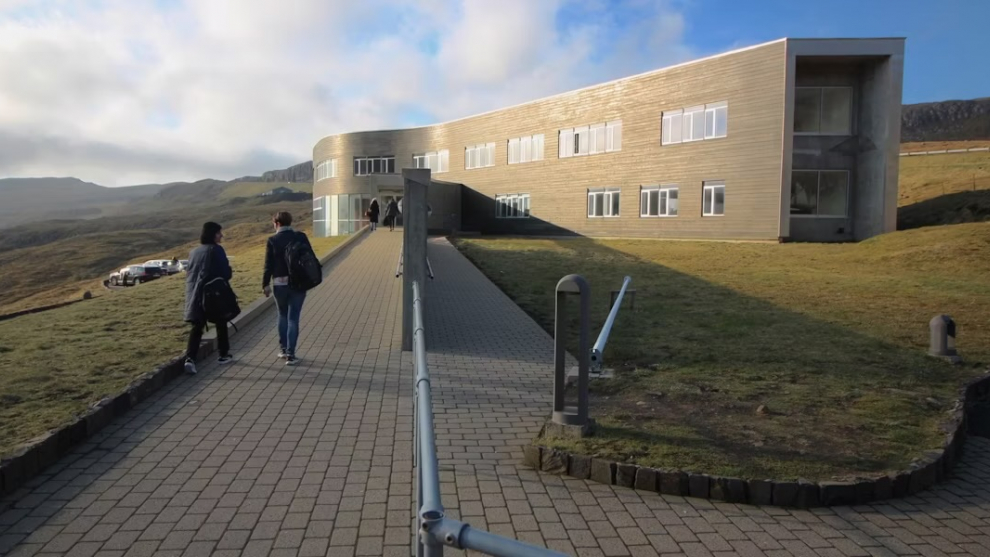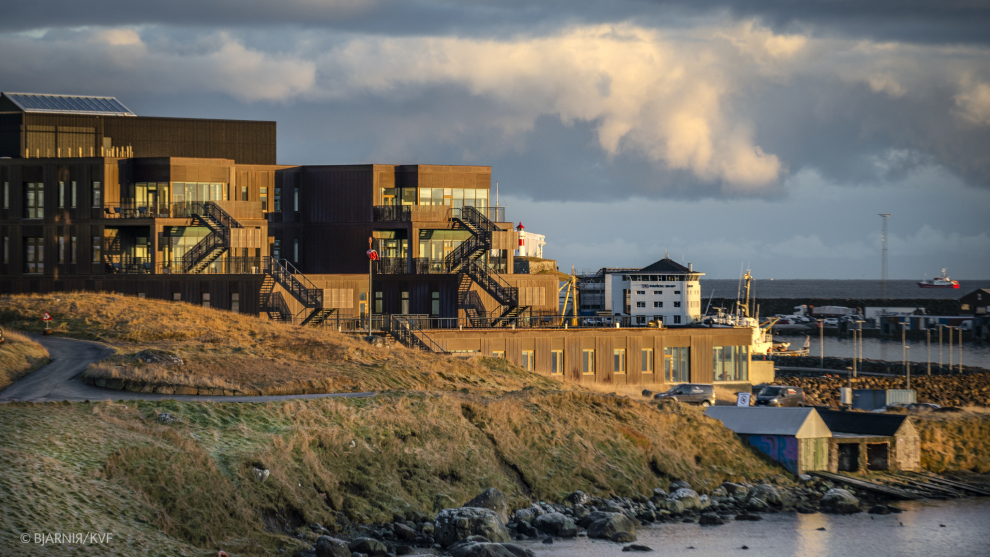- Tíðindi, mentan og ítróttur
New theory about the Pharaoh Islands

“The Faroe Islands? Never heard of them. That’s in Egypt, right?”
We’ve all heard that one. But what if the Pharaoh Islands is actually a more accurate name for our islands?
Imagine that the Irish monks who sailed to the Faroe Islands 5-600 years after the birth of Christ were not the first people to discover the islands.
What if the Faroe Islands were a popular destination for Egyptian pilgrims and priests long before the birth of Christ?
What if the Egyptian pilgrims came here to worship a Pharaoh who 3,500 years ago was locked up and later buried inside a pyramid which today looks like a regular mountain in Suðuroy?
Plausible or bizarre?
If you ask Scottish-born Damian Beesson Bullen, who describes himself as a poet and a self-taught historian, he will say he can prove that priests visited the Faroes long before the birth of Christ.
The proof, he says, can be found in an almost 2,000-year-old text by Greek philosopher Plutarch, which describes an island seemingly quite similar to the Faroes.
Read the text here and judge for yourself.
Buller claims the pilgrims who travelled to the Faroes all those millennia ago were Hyksos people coming to worship their pharaoh, who they believed was buried inside what we know today as mount Kirvi, near the village of Lopra in Suðuroy.
Read the Faroese version of this article and hear an interview in English with Mr Buller here.
Translated by prosa.fo.



























